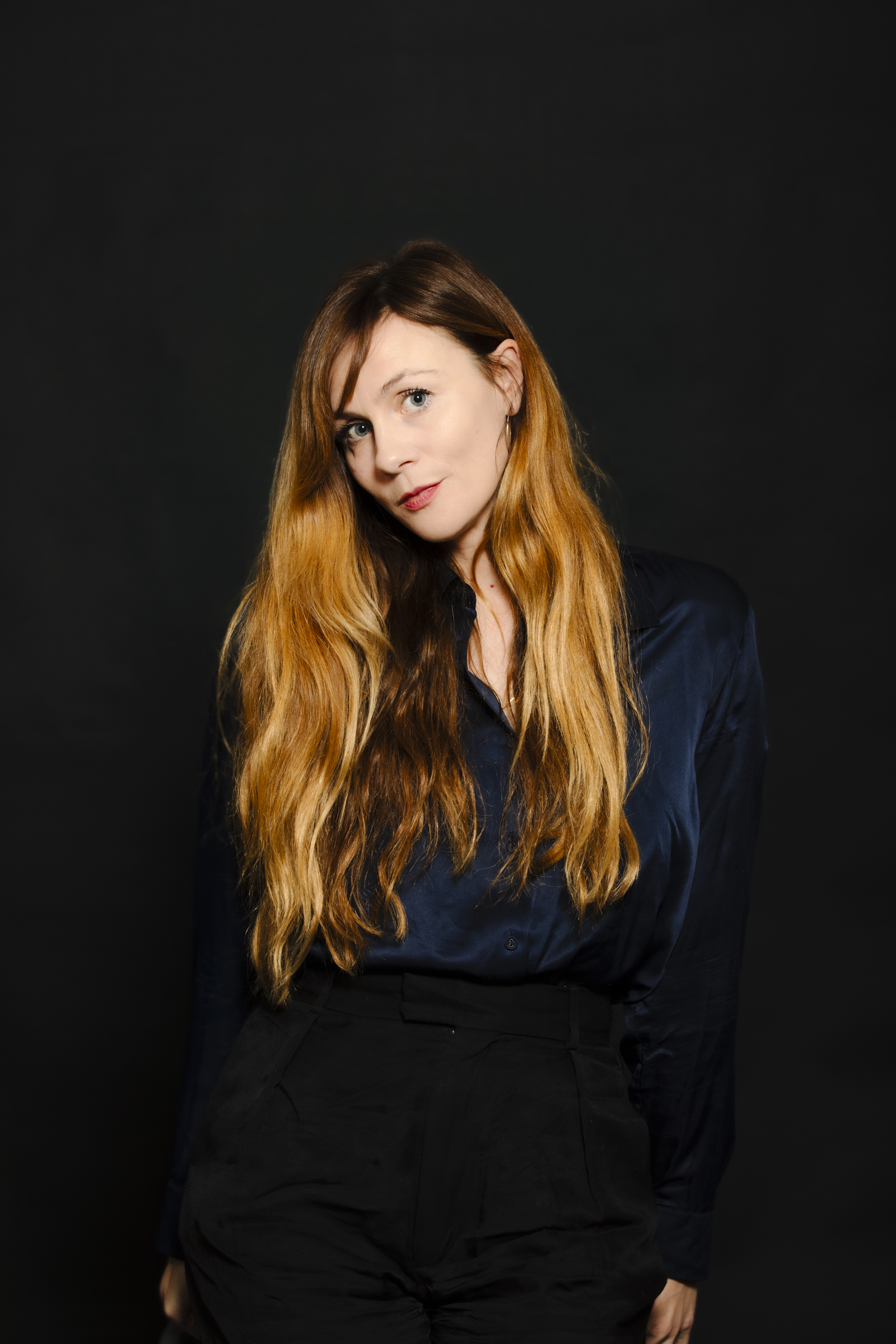Healing didn’t come easily to me. I had carried my mum’s coffin after a savagely difficult year watching her die – compounded by a Covid that meant any act of care and love was held to account and stripped to bare necessity. We were guided by room capacity and hand gel. Touching became luxury. Flesh, body – a thing to always fear. Nursing mum was a nervous job – not just because we had to monitor the way she was fed and the spike in sugar levels – but our touch alone could be the thing that would make her the sickest.
Perhaps because it never felt there was a real space to help her leave the world, I found it hard to section a space to heal in. Grief took over. It was everywhere and, in every place, so fierce and stinging it would make me catch breath. It felt, truly, as if my heart had stopped being a muscle and become knotted, matted. I didn’t know how to smooth out the knots, how to repair. Nothing could get to it.
I had tried ways to get better, even though I didn’t know what getting better meant or looked like. Grief wasn’t an illness. It is only now, much later, that I realise it was about working out a way to build and bridge the chasmic aloneness – the separateness from mum. To accept I could find her in a different, new way.
But I needed a way to get to this point. Boxing came when I had tried to drink, to use sex, to rely on sleeping pills to quieten my mind to ‘get better'. When I reflect on these approaches, I can see they are the opposite of healing – all were ways to remind my body of something else, something outside of the pain.
Boxing was only pain – actual, physical, awful pain. I trained for fitness, then quickly moved to fighting. It felt, after initial panic about doing it with a real seriousness, very natural. The first few spars were hard for my body to understand – it had to not only work out how to feel after being hit in the face, but it also had to respond and hit back. Adrenalin and cortisol always swimming though the blood stream. Managing this kind of anger and moving it to composure, to a game of chess-like calm, was an art. But there was a level of aggression that was vital.
The boxing ring provided a space to negotiate hurt in a thorough, finite way. Each encounter divided into three, two-minute rounds of jabbing, tapping – walking away with bruises, scrapes, blood. I was always feeling something. It made marks on my skin, my face. I was wearing pain so I could see it. And, because I could see the wounds, I could see the way they fade and got forgotten. Each spar, each fight came with its own little grief-narrative – a mourning, a loss – and then back again in a cycle that let me begin again. The ring became a place of definition.
When I had a real fight with a real opponent, I lost control of my anger. Perhaps I was getting rid of a final burst of rage and temper after seeing the way mum’s body was so sore, so broken, by her terrible cancer – I tried to knock my opponent out. It worked, but she came back harder in the next round and we began punching each other relentlessly until one of us was knocked out.
I found the loss difficult, but part of me knew I had wanted to walk into the ring and be destructive – to her but also to me too. I had not used the tools I’d learned in training and in camp. It baffled me, and others, in the immediate aftermath, that I had I behaved so differently from the person everyone had seen in the gym. In spars I had always used my jab and stuck to what I was good at.
When I wrote my book, I added that I might have another fight, despite all the injury. I was asked why – why would I want to do this to myself, all over again. Now I know I needed to punch out those knots and return my heart to muscle. I had to find a space to do this. Boxing let me do this. It allowed me to get to the bit of grief that doesn’t feel like I must ‘get better’ only to know my body can do the things my mum's couldn’t – and that brings me close to her again. Watching my body recover and return made me feel closer to mum. I was able to get well for us both. Healing came easily to me.

